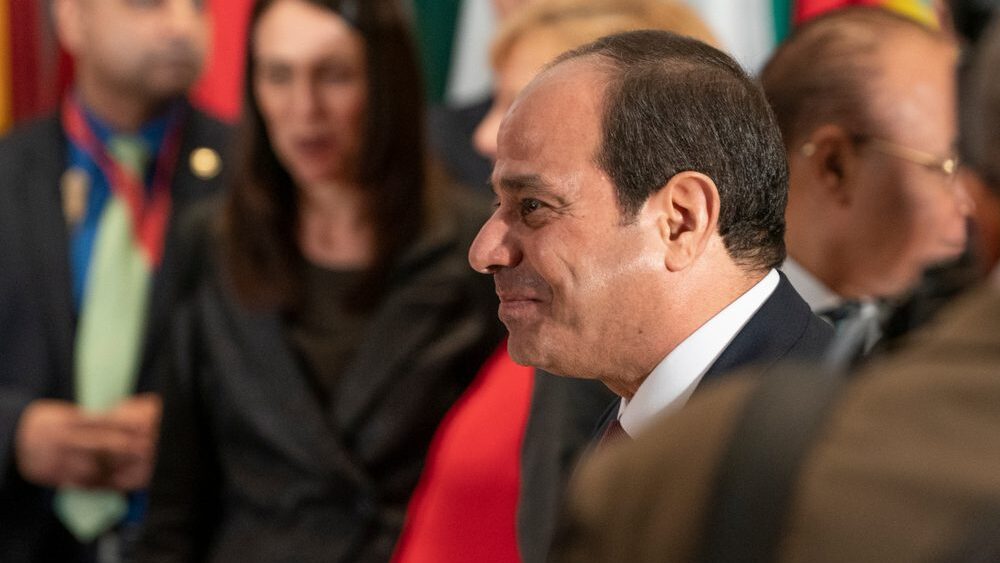
Egyptian President Abdel Fattah Al-Sisi
The European Commission is looking at ways to leverage the flow of Ukrainian grain and fertiliser into North Africa to get better terms on a potential migration deal with Egypt, confidential sources speaking to the Financial Times have revealed. The strategic move could strengthen Brussels’ hand amidst Israel’s war against Hamas in Gaza.
The past year has seen increased diplomatic exchange between European capitals and the region to stem the flow of illegal migration. EU officials are negotiating a support deal with Cairo similar to a recently rolled out agreement with the Tunisian government. This will aim to assist with border control and repatriation, in return for monetary aid and investment.
According to the FT’s insiders, the EU is now looking at ways to funnel Ukrainian grain and agricultural expertise to alleviate Egypt’s endemic food insecurity. EU Council President Charles Michel and German Chancellor Olaf Scholz both mentioned that any deal would be in return for Cairo helping to return illegal migrants.
During last week’s EU Council summit, Commission President Ursula von der Leyen flew the flag on a potential deal with Cairo. Egypt has become an increasing source of illegal migration.
EU leaders are also apparently keen to declare that as part of any future deal, Egypt would not be forced to take in any refugees from Gaza. The Muslim-majority nation of 110 million has been under the rule of General Al-Sisi since 2013, and has recently been criticised in the Islamic world for keeping its border with Palestine closed, thus preventing civilians from fleeing from Gaza.
Utilising Ukrainian grain for its diplomatic advantage in Egypt would kill two birds with one stone for the EU. The oversupply caused by the removal of tariffs at the start of the war triggered a collapse in prices and influenced the recent Polish election.
The termination of the Black Sea Grain Deal in July, preventing the flow of Ukrainian foodstuffs by Russia, raised fears of a spike in global food prices. This coincided with Europe witnessing a collapse in influence across Africa, which is heavily reliant on Ukrainian food imports.
The EU already has deals in place with governments in Libya, Tunisia and Morocco. Eurocrats are known to be accelerating their plans with Egypt for fear of the Gaza crisis spilling over and complicating relations between Europe and the Arab world.
Despite the optimism around a potential deal, North African partners have a poor track record in keeping their side of the bargain. Tunisia recently reneged on their end in a similar deal over the return of migrants.
In another aspect of EU African policy, Brussel’s top diplomat was in Ghana to sign off on a €20 million military aid package to shore up European influence amid a wave of Russian-backed coups.
